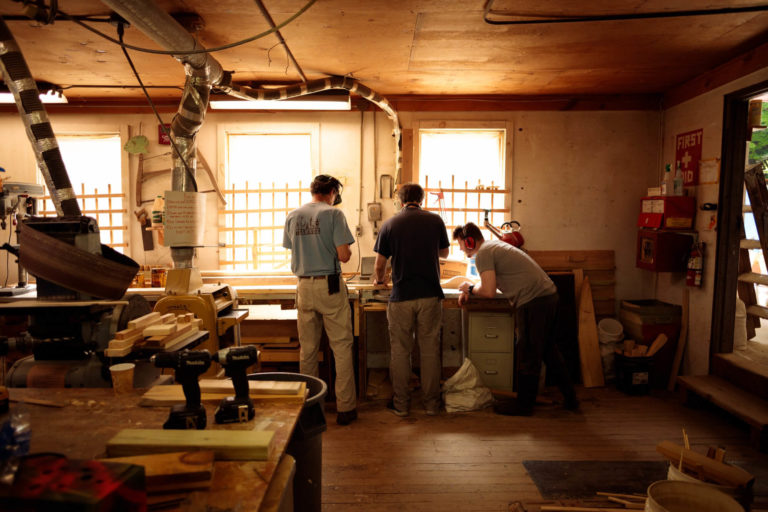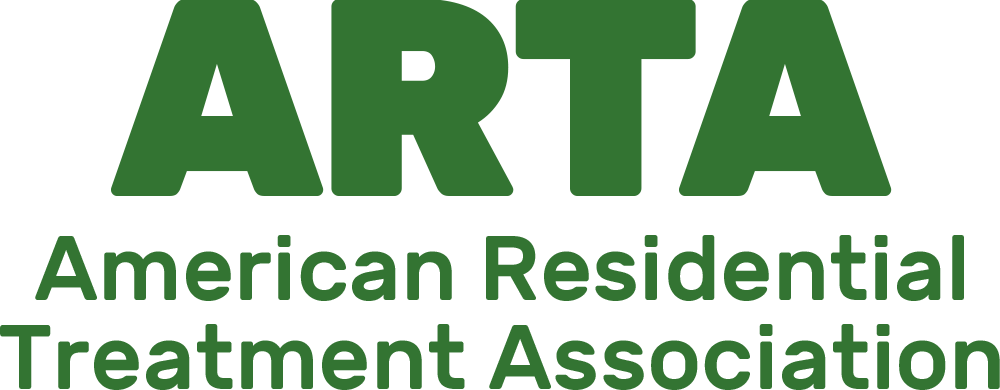
Adam Perkins, Recovery Coach
Dan: Hey, Socrates! If you know so much how come you’re working at a gas station?
Socrates: This is a service station. We offer service. There’s no higher purpose.
Dan: Than pumping gas?
Socrates: Service to others.
No other quote from cinema has resonated with me as much as this one from the 2006 film adaptation of the novel, Way of the Peaceful Warrior by Dan Millman. I came to Spring Lake Ranch back in May of 2019 to be of service to others. Before I go any further though, I believe it’s important to share what that means to me.
Being of service to others is the act of engaging with another person without any expectations of a result or reward for one’s efforts, ideally in harmony with and motivated by your core values. For me, this goal ultimately took the form of recovery coaching at SLR.
At SLR, we have multiple group meetings focused on substance use and how to walk the path of recovery, but we wanted to add recovery coaching as an option for those who want something more hands-on in a one-on-one setting. Vulnerability can be hard in group meetings; no one wants to feel like they are taking up all the time talking when there are others who need to share or get help. Recovery coaching gives them a place to stretch, breathe, say what they need to say, and try to brainstorm a way out.
To begin the process of recovery coaching, a resident of SLR usually approaches the coach or their team and requests a time to sit and talk. Sometimes, the team suggests the resident start meeting with a coach as soon as possible, since the coach can help answer immediate questions and help people feel less afraid about addiction and recovery.
Recovery coaching is great for those who may still feel ambiguous about recovery but know something needs to change because the life they’re living isn’t giving them the level of satisfaction they want. Having someone as a sounding board, who isn’t trying to force a specific dogma, can give that safe space to really think and not feel forced into anything.
As a recovery coach, it is my job to meet each resident where they are on their recovery journey. In the recovery coaching world, it is taboo to use words like “should.” It is not our place to judge or measure where anyone is on their journey or compare it with our own, biased, opinion of where we think they should be. We are here to be of service to those looking to change. We hold space for them to share where they are, what they think and feel, and any changes they would like to make.
A recovery coach uses two key tools: resource acquisition and motivational interviewing. Resource acquisition is a common service offered by the Case Managers at the Ranch. As a recovery coach, my resource acquisition is more focused on addiction recovery. As such, I look for different meetings in their geographical area for additional support when they leave, or meetings online if there are any obstacles preventing them from going in person. We also brainstorm and identify the things that could hinder their recovery or trigger them when they go home, and come up with a game plan to address these before they blindside anyone.
Motivational interviewing is one part mindful questioning to four parts active listening. I listen to get an accurate picture of where a person is coming from, what they are struggling with, and what they want to be different. Then I ask questions either for deeper clarification, or to focus the resident’s attention on a specific area.
Because this process is based on the virtues of holding space, non-judgment, and active listening, it can be hard assigning any objective goal to the field of recovery coaching; personally, I would say its purpose is to help people find their “why” for recovery. Not my why, not society’s why: their why. When you help someone find their own reason for walking the path of recovery, they are far more likely to be successful than if they simply walk a path they were told to walk.





